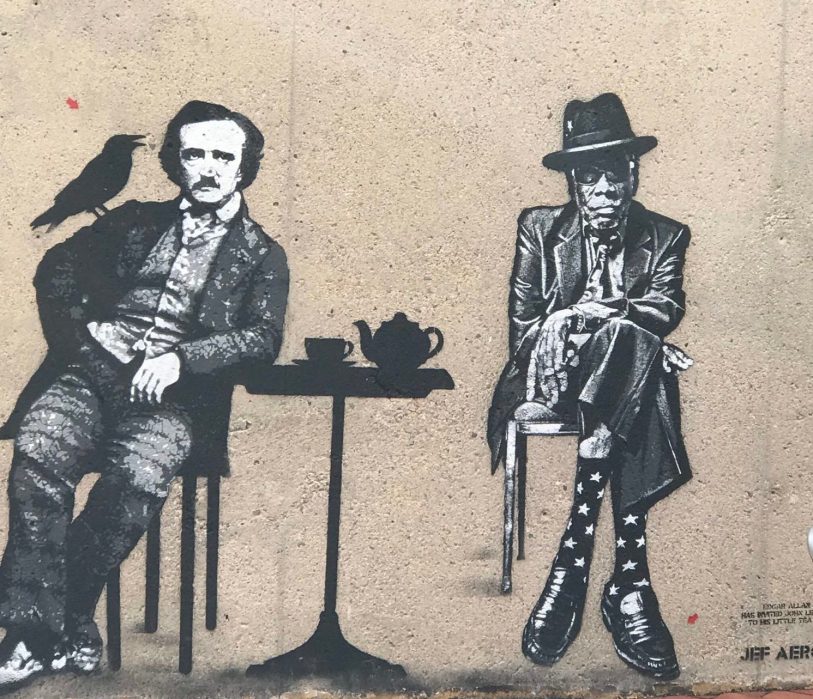By Annemarie Dooling
When I agreed to teach audience development to a class of undergrads at West Virginia University (WVU), I wanted to focus on a few key segments of community management.
Those segments would be the core aspects of audience development: basic interviewing skills, user behavior, and safety and moderation. After all, a good foundation in these skills can help newsrooms convert a one-time reader into an evangelist. What I didn’t count on was how much I would first have to teach the skills of basic listening.
Listening is a skill that everyone thinks they do well. In truth, most of us are just waiting for the other person to finish talking so we can speak.
With the often-earned reputation of harassing commenters and anonymous Twitter trolls burned into our minds, many established journalists have created coping strategies based around listening less, and asserting themselves more. I had hoped that their future colleagues of a younger age would be less burned by these problems, and more open to community conversations. What I learned was that these students needed just as much listening instruction as the most experienced of journalists. I ended up dedicating a few classes to focusing on the basics of how to really hear what people are saying. Here’s what I did.
For a group of students just starting to learn about journalism, my WVU class was really good at certain things. They spent the semester working on the 100 Days in Appalachia project, learning about what constitutes a community (not just geography, certainly not in Appalachia), and how to speak to people and communities in a way that is not intrusive or bothersome. They became great at figuring out what the hook should be in a local interest story, and choosing what format – text or visual – a story should take on. But skillful listening was something that continued to escape them.
The hardest lesson to teach around listening is that you’re not doing it right the first time around. What do most people do instead of hearing people? We take in specific phrases and words. We become activated and excited by ideas that mimic our own, and then we wait for our turn to say something about those ideas.
After a semester working on our project, here are some of the most important lessons we learned.
- If you want to become a good listener, you have to put yourself within a totally foreign group of people, about which you know almost nothing. Having no base of knowledge means you are forced to more actively listen, in order to understand what’s happening. To then contextualize and make sense of things, you need to ask more thorough questions that relate specifically to what someone has just said. In journalism, the difference between a good interview and a simple list of responses is your ability to take hints from what has been said, and being willing to expand or shift the direction of your story at a moment’s notice.
I found that the students were a little nervous about leaving their bubbles and asking questions, but once they had been pushed into doing it, they weren’t shy to identify and reach out people. The one assignment they all achieved flawlessly was to find a group they knew nothing about, and to contact them; several utilized Facebook groups to target new interests and cultures. That openness is something even seasoned veterans can learn from.
- When asking questions to people who are different from you, you need to learn to hold your tongue when they start to respond. When they’ve finished speaking, you have to focus on responding with direct replies based on what the person said, not on shifting the conversation to the story you want them to tell. Take in and assess what’s being told to you, and listen for details that you want to learn more about. Staying quiet is a problem we all have: as a reporter and as a human being, we want to relate with the person we’re talking to, and to ask questions to further your existing work. However, by pausing, taking deep breaths, and focusing on the words and thoughts being expressed to you, your work will be all the better for it.
- Don’t forget to ask “Why?” Really think about the words you use when you ask a question. Do they help the flow of the conversation the way you intended? Are your questions open-ended enough to show you are curious about the direction of the answer? Be understanding, be empathetic, and don’t assume you know the answer before you ask the question.
None of this means you have to abandon your ability to be critical of what someone is saying. But whether you agree or not with someone, actually hearing them and trying to understand what they are saying and why, are the most important places to start.
Photo by Sydette Harry. Street art by Jef Aerosol.
Annemarie Dooling is Director of Programming at Racked.com, and the Knight Innovator in Residence 2017 at West Virginia University’s Reed College of Media. She formerly ran community at The Huffington Post.

